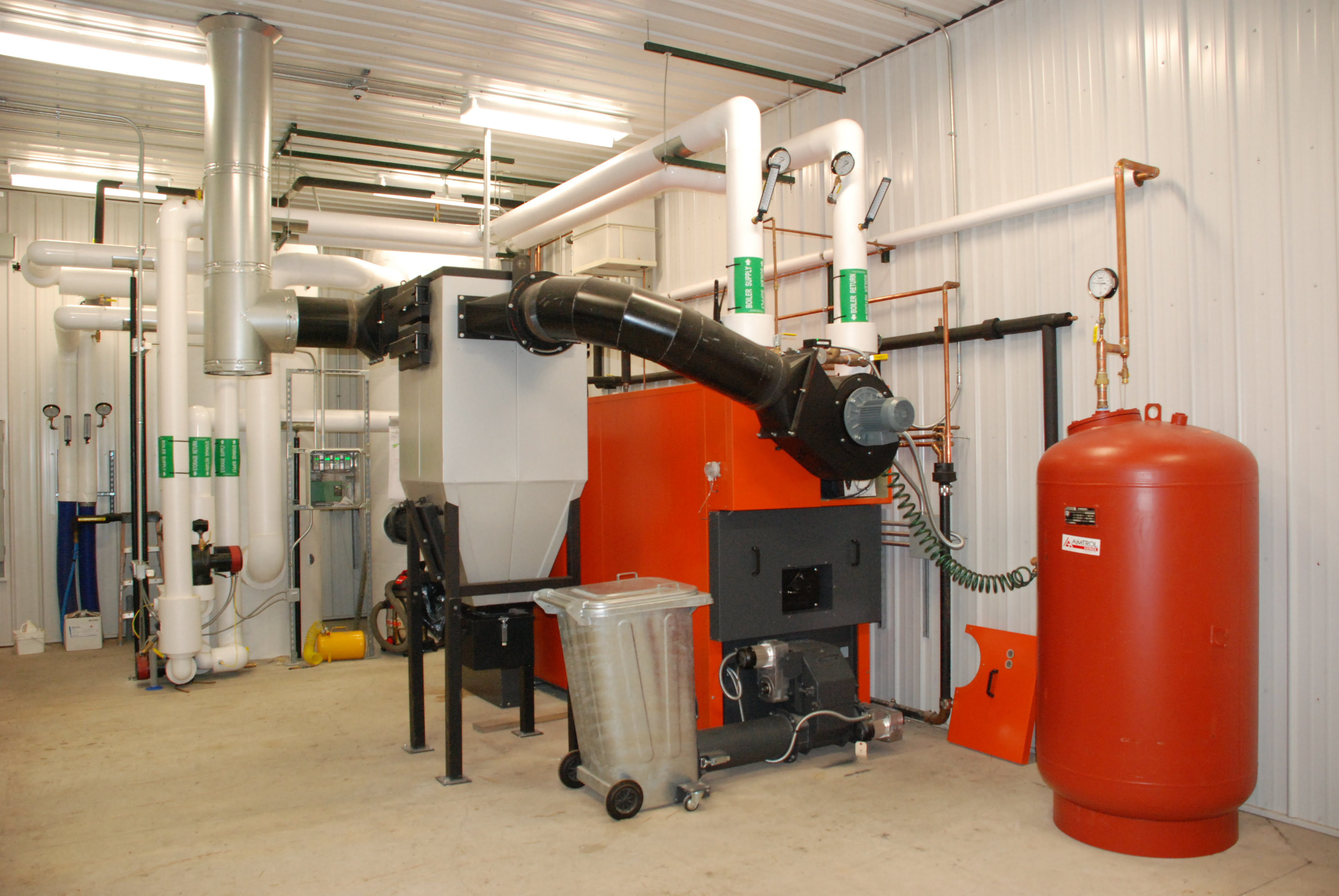Funding Letter - KCPA Lobby Lighting
The Lobby of KCPA is a large 5,000 square foot student-centric multiuse area, arguably one of the most used spaces in one of the most iconic buildings on the campus of U of I Urbana-Champaign. The facility hosts an estimated 200,000 thousand guests, employees, faculty and students every year. The building is nearing its 50th anniversary, and assuring that the functions of the building continue to be upgraded and enhanced to maintain its popularity, frequent usage, and increased sustainable condition in keeping with the campus strategic plan is a priority of the Campus and the College of Fine and Applied Arts. Current fixtures in the KCPA Lobby are older LED technology built into the ceiling with fewer than two years remaining on their life expectancy. The goal of this project would be to replace the existing 560 LED fixtures (32 watts each) with new LED fixtures (18 watts each) that have the advantage of long term fixture life and with the added advantage of simply unscrewing an old LED lamp after 10 years or so and screwing in a new LED lamp. The need to replace fixtures after another 10 years will have been negated, and now the operations personnel of the building will be able to replace the lamps as needed for decades to come. This proposal directly funds: 1) LED fixtures, lamps, and controls 2) Field programming 3) Labor from skilled trades to remove old units and install new ones.

